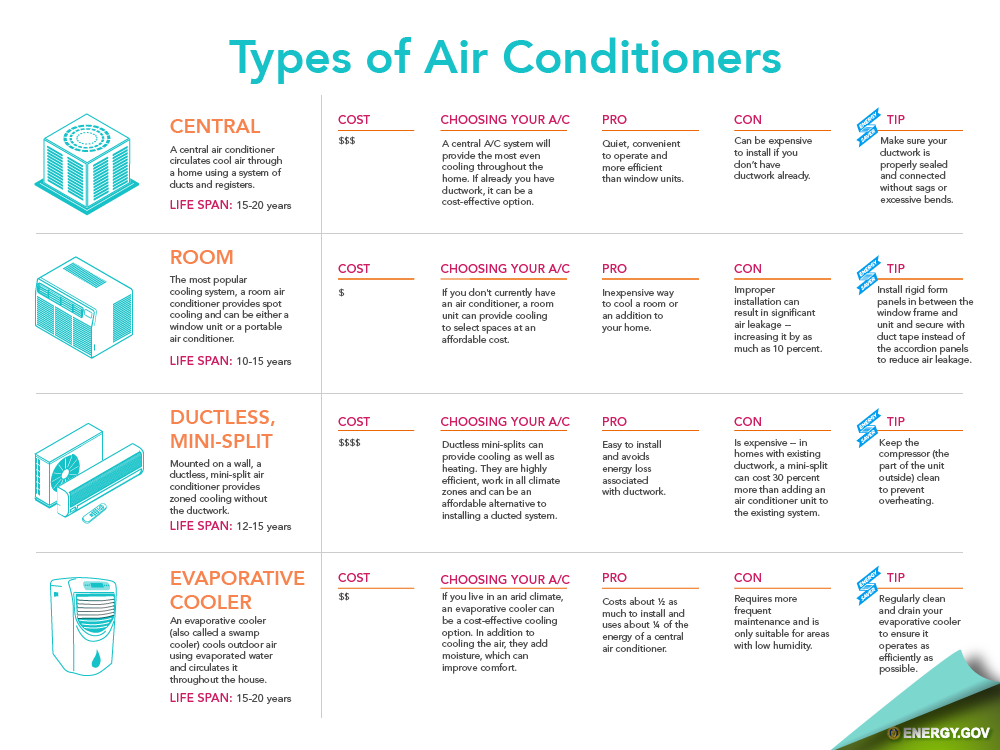When determining in between air resource and ground source heatpump, you may find yourself evaluating aspects like efficiency, expense, and ecological impact. Each choice provides unique advantages, but which one lines up finest with your requirements and concerns? As you check out the differences in between these 2 types of heat pumps, you'll uncover key understandings that can assist you towards making an informed decision that matches your distinct situations. Stay tuned for a deeper dive into the subtleties of air resource versus ground source heatpump to help you navigate this vital option.
Efficiency and Performance Comparison
When comparing air resource and ground resource heat pumps for performance and efficiency, it's essential to take into consideration just how each system operates in different conditions. Air resource heat pumps extract heat from the outside air, making them much more vulnerable to variations in temperature. This suggests they may be much less reliable in exceptionally chilly environments.
On the other hand, ground resource heat pumps use steady below ground temperatures for warmth exchange, supplying even more consistent performance regardless of external weather conditions. read this are commonly more energy-efficient over time because of the steady warm resource underground. In addition, ground source heat pumps often tend to have a much longer life expectancy compared to air resource heat pumps, which can impact lasting efficiency and maintenance prices.
Price Analysis: Installment and Maintenance
For a comprehensive comparison in between air resource and ground source heat pumps, it's vital to assess the prices connected with their installation and maintenance. Air source heat pumps usually have lower ahead of time installation costs compared to ground source heat pumps. The installation of air source heat pumps involves much less complex excavation and exploration, making it an extra budget-friendly alternative for numerous property owners.
However, ground source heatpump are recognized for their higher performance, which can result in reduced long-lasting energy costs, possibly offsetting the initial setup expenses over time.
When it pertains to upkeep prices, air resource heat pumps are normally less complicated and less expensive to maintain contrasted to ground resource heatpump. Ground source heat pumps need periodic checks on the below ground loop system, which can incur extra maintenance expenditures.
On the other hand, air resource heatpump typically call for simple filter changes and periodic expert inspections, maintaining upkeep prices fairly reduced.
Consider both the ahead of time setup expenses and long-term upkeep expenses when making a decision in between air source and ground resource heat pumps to figure out which choice lines up ideal with your spending plan and needs.
Environmental Impact Assessment
Assessing the environmental influence of air resource and ground source heat pumps is vital in recognizing their sustainability.
Air resource heatpump require electrical energy to operate, which can bring about increased carbon exhausts if the electrical energy originates from fossil fuels. On the other hand, ground resource heat pumps use the secure temperature level of the ground to warm and cool your home, resulting in reduced energy consumption and minimized greenhouse gas discharges.
The setup of both sorts of heatpump includes some level of environmental effect, such as making use of cooling agents in air resource heat pumps or the excavation needed for ground loopholes in ground resource heat pumps. However, ground source heatpump have a longer life expectancy and greater efficiency, making them a more eco-friendly choice over time.
Verdict
When choosing between air source and ground resource heatpump, consider your climate, spending plan, and ecological goals. Air resource heatpump are much more cost-efficient in advance, yet ground source heat pumps use greater effectiveness and long-term cost savings. mitsubishi heat pump repair near me that straightens with your top priorities and needs for a comfy and lasting home heating solution.
